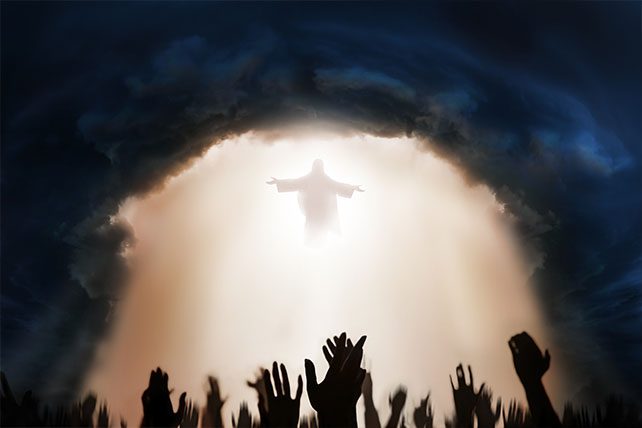However, despite these debates, “Maranatha” remains a central expression of Christian hope and expectation.
How Do You Respond to Maranatha?
Responding to “Maranatha” involves acknowledging and sharing in the longing for Christ’s return. It can be seen as an affirmation of faith and a commitment to living in accordance with Christian principles while awaiting Jesus’ second coming. The response is deeply personal and can vary among individuals, but it generally reflects a spirit of hope, vigilance, and solidarity among believers.
What Do the Maranatha Christians Believe In?
Christians who emphasize “Maranatha” in their faith and practice typically hold a strong belief in the imminent return of Jesus Christ. They adhere to the teachings of the New Testament and the early Christian community, focusing on the promise of salvation, the final judgment, and the establishment of God’s kingdom. These believers prioritize living a life in anticipation of Jesus’ return, fostering a sense of urgency, hope, and spiritual readiness.
In conclusion, “Maranatha” encapsulates a rich tapestry of theological, historical, and linguistic threads, weaving together a profound expression of faith, anticipation, and community within Christianity. Whether used as a prayer, a greeting, or a declaration, “Maranatha” continues to resonate with believers worldwide, reminding them of the enduring hope and promise of Jesus Christ’s return. As such, it stands as a testament to the enduring power of faith and the universal longing for redemption and renewal.

